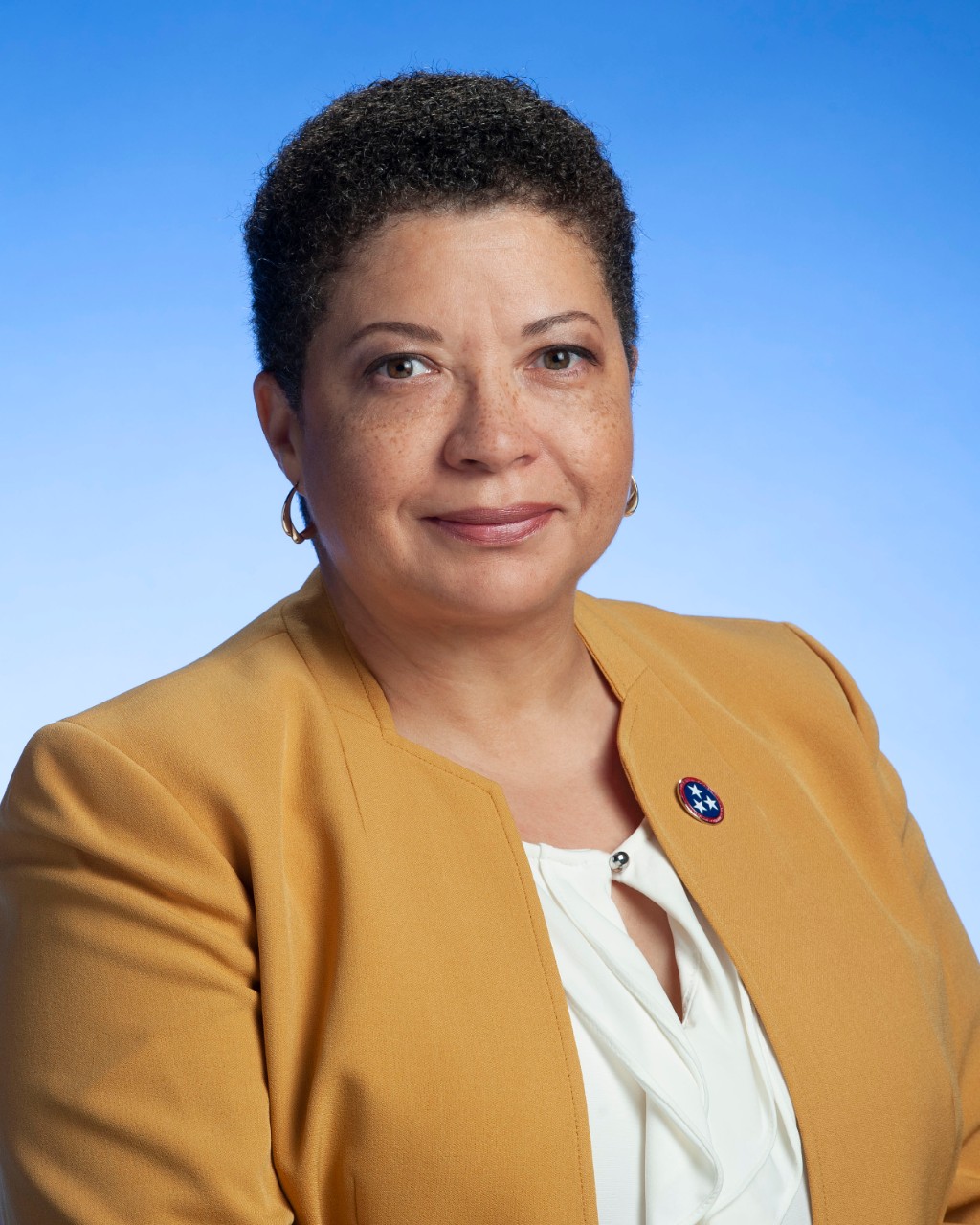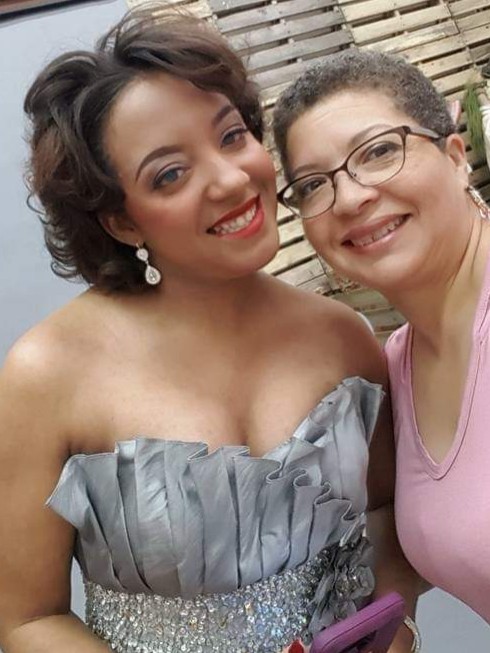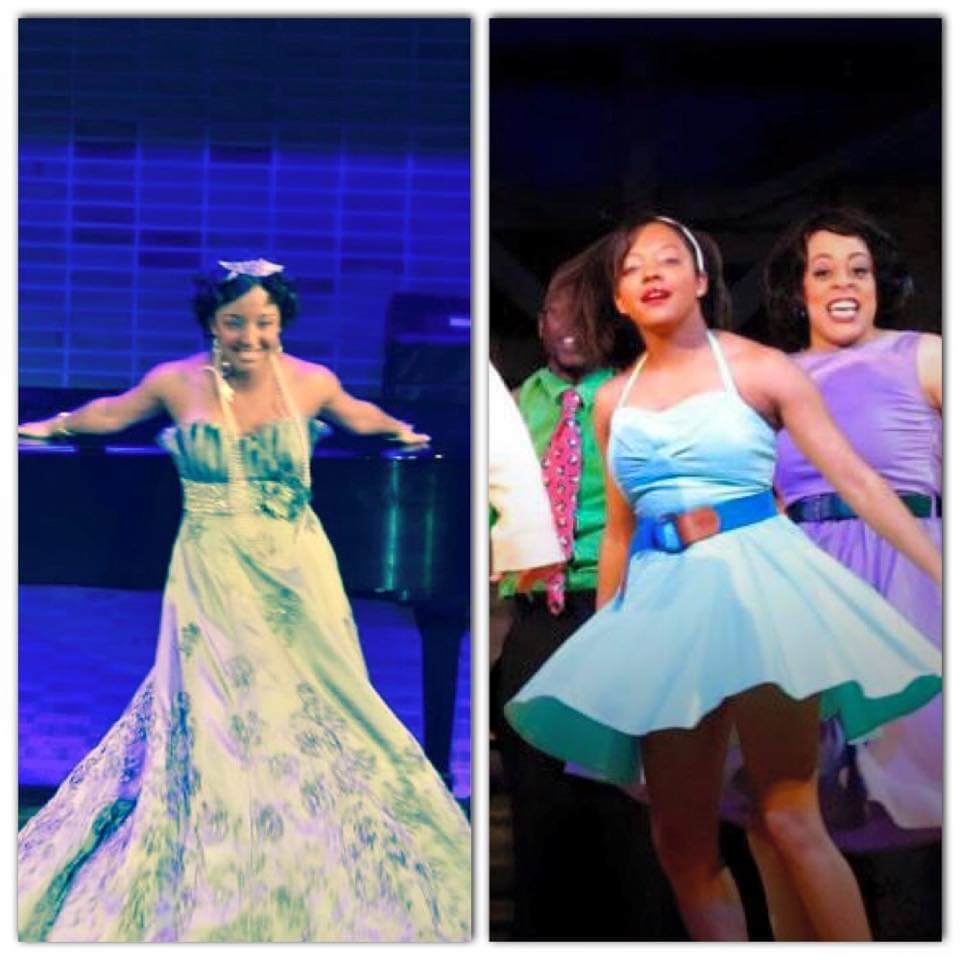Breaking Ground 101 - Welcome, Cathlyn! Meet our New Leadership Development Director
By Jolene Sharp, Chief Public Information Officer, TN Council on Developmental DisabilitiesCathlyn Kennedy Smith began her new role in February as the TN Council on Developmental Disabilities’ first-ever Director of Leadership Development.
Cathlyn will be responsible for all activities under the Council’s goal of leadership development. This includes:
- Partners in Policymaking®, our free leadership course for people with disabilities and family members of people with disabilities.
- The Leadership Academy for Excellence in Disability Services, a ground-breaking training for leaders of state disability services.
- The Council’s Scholarship Fund, which helps people with disabilities and their family members attend educational opportunities and take on leadership roles in their communities.
“We are extremely fortunate to find someone with Cathlyn’s skills, passion, and experience for this important position with the Council,” said Executive Director Wanda Willis. “She has a track record for team building and will be an asset to our staff.”
Cathlyn came to the Council from her previous position at the Department of Children’s Services. She served as Executive Assistant and Tennessee’s Commissioner for the Interstate Compact Commission for Juveniles. She was also vice-chair of the Interstate Commission for Juveniles, which oversees the national member states. Cathlyn has two master’s degrees, in public service management and in social work. She received the 2019 Governor’s Award for Excellence.
Keep reading to hear directly from Cathlyn about her story and the things she’s most excited about in her new role!


From Cathlyn:
I am very excited to start this new segment in my life in working for the Council on Developmental Disabilities. What really garnered my interest in this job was the keen focus on advocacy, education, and passion for people with disabilities.
I can recall from my early childhood becoming friends with several classmates with various physical and developmental disabilities. Growing up in a rural town in eastern Arkansas gave me the chance to interact in the classroom with many of these children every day. I have fond memories of their kindness and love towards me. I remember being partnered with these students as their classroom helper. One young man who had Down syndrome was the son of one of my teachers. He would often come to her room in between classes. He gave the best hugs!
Service and protecting the rights of others is in my blood. My late grandfather, RBJ Campbelle, Jr., was a Nashville civil rights attorney during the Nashville sit-ins and civil rights movement. He continued his advocacy for youth and other vulnerable Tennessee citizens throughout his career. My late mom, Jeanne Kennedy, served after retirement as a volunteer rape crises nurse in our rural community. Our town did not have a shelter, so growing up, I would often come home to find in my bed someone who needed a safe place to stay.
These early experiences became more important for me with the birth of my daughter, Tyler. The most dreaded words a new parent can hear are, “We think there is a problem with your child.” You heart stops for a moment, and instant fear and confusion flow over you. My daughter was born with a congenital, degenerative eye disease, and she also has hearing loss – what is considered Deafblind.
She has had more than eleven surgeries and takes multiple medications. I can relate to the lack of resources, high medical bills, countless sleepless nights, and the feeling you are fighting an uphill battle, blindfolded, with your hands tied behind your back!
I had to advocate for Tyler from birth to ensure she had the right medical opportunities, access to services, and her right to a fully inclusive education. I did a lot of research on my own and learned by trial and error.
I became a single parent when she was five, and we moved to Tennessee. There were better opportunities for the both of us here. I had many teacher meetings and IEP planning sessions and advocated for her to be able to fully participate in activities. She did gymnastics, dance, horseback riding, theatre, and music.

But, more importantly, I helped Tyler learn to advocate for herself. She was picked on in school and made to feel inferior because she was different. It was up to me and her “village” of extended family and friends to help her understand her value and purpose in this world.
More and more, Tyler believed in herself. She found her passion. She has accomplished so many things experts said she couldn’t. She is a college graduate (classically trained vocalist), working full-time, and living independently. But the thing I am most proud of is her ability to use her voice to make change.
In my new role, I am looking forward to continuing the great work that has been done with Partners in Policymaking® and other Council leadership programs. I will be looking to our current and future Partners graduates and leaders to help me learn what is most meaningful for an advocacy vision for 2020 and beyond.
I hope that my family story provides hope and encouragement for others in similar situations. Helping people with disabilities find and use their voices to make change is the greatest part of this work. Don’t be surprised if I give you a call; we still have a lot of work to do!